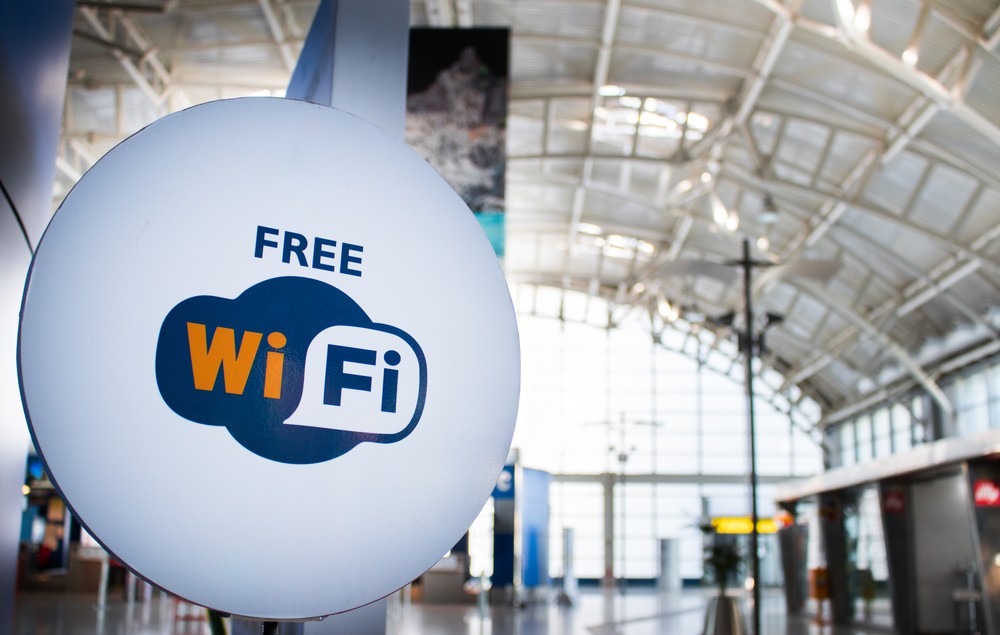Popular Reads
Top Results
Can't find what you're looking for?
View all search resultsPopular Reads
Top Results
Can't find what you're looking for?
View all search resultsTips for browsing safely using public Wi-Fi
Although it is usually free and efficient to use, public Wi-Fi brings security risks as hackers can easily use the hot spot to steal information from connected devices.
Change text size
Gift Premium Articles
to Anyone
T
he growing need for fast and easy access to an internet connection has resulted in many public places such as cafes and restaurants providing Wi-Fi hotspots.
Although it is usually free and efficient to use, using public Wi-Fi has security risks as hackers can easily use the hot spot to steal information from connected devices. This information includes personal information, usernames and even passwords.
Regarding this issue, kompas.com has compiled tips on how to safely surf the web using public Wi-Fi.
Use an identified Wi-Fi
When scanning for Wi-Fi hotspots, many are bound to show up. Rather than randomly choosing one, it is best to choose a hotspot that is well identified, such as one operated by the cafe or restaurant the user is in.
In addition, it is recommended that devices do not connect to too many hotspots in a new place. The more hotspots a device is connected to, the bigger the security risk.
Only use online services with HTTPS security
HTTPS has the ability to secure data transactions between user devices and online service providers by using encryption. This makes it harder for hackers to find data traveling inside networks.
Unfortunately, not all online services are equipped with HTTPS security. Chrome is one of the few to have this protocol and scanned websites with no HTTPS security will be marked as “not secure”.
Read also: 5 safety tips for browsing the internet
Do not give out too much information
At times, Wi-Fi hotspot providers will ask for additional information such as e-mail or phone number. Usually, for marketing purposes, these providers will be able to identify users when they are connected to a new hotspot with the same provider.
The key is to not give information if users are comfortable. It is best to stay alert and not easily give out these types of information.
Limit Airdrop and file sharing
The rise of wireless file sharing has made it easier for hackers to breach users connected to public Wi-Fi. This feature should be turned off when not in use.
Use VPN
A virtual private network (VPN) hides the identity of users by means of data encryption. Data transactions are also switched to a secured server.
Because of this, using a VPN is one of the most effective ways to secure devices when connected to public Wi-Fi. It can be installed through desktop and mobile services, such as Android's Google Play. (anm/kes)











